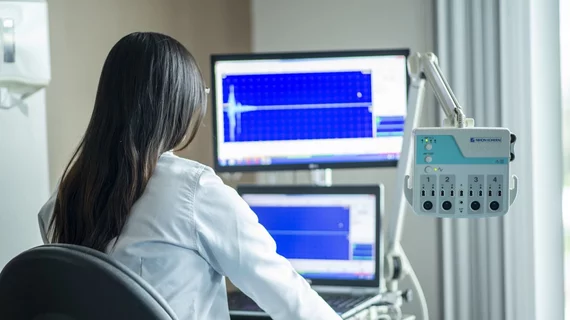If the researchers behind a new report on AI in healthcare are right, the technology could cut nonclinical workers’ workload by 40% while also slashing clinical tasks by 33%.
The report, newly released by the American Hospital Association’s Center for Health Innovation, lists seven ways AI surely will reshape the healthcare workforce.
Here they are:
1. Improve productivity. Healthcare workers in existing jobs will be able to do more in less time as AI automates routine tasks, the authors point out.
2. Improve efficiency. The same workers “will be able to do what they do better with fewer resources and at a lower cost” thanks to AI’s power to streamline routine tasks.
3. Expand job responsibilities. Workers will be able to take on new or expanded duties as AI “frees up their time for higher-level tasks.”
4. Practice at the top of license. Clinicians in particular will jettison some administrative tasks so they can spend “more time applying their unique clinical skills to direct patient care.”
5. Improve performance. Clinicians also will achieve better outcomes as AI helps “reduce or eliminate human error and incorporate much more information into decision-making and actions.”
6. Upskill staff. Workers across job descriptions will master new digital skills “as they work in tandem with AI technologies to produce better outcomes.”
7. Retrain staff. “As AI automates a large portion of current jobs,” the authors write, “workers will be retrained and shift to other types of work.”
The report also includes six tips on organizing workforce efforts to successfully adopt AI and six factors critical to successfully integrating AI into the workforce.
Read the whole thing here.

